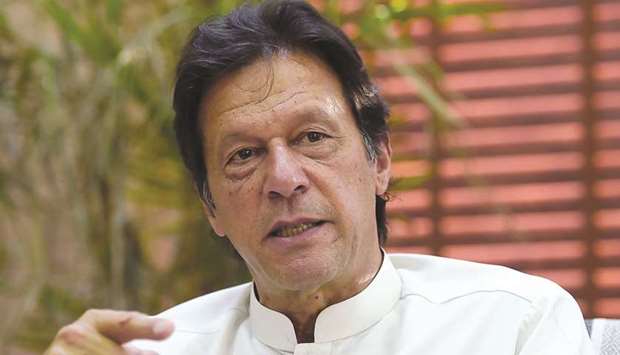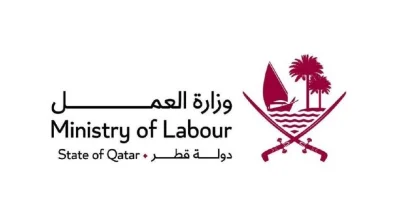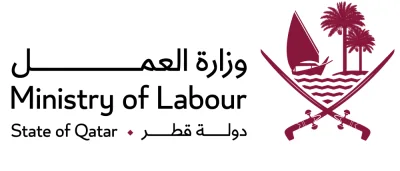Prime Minister Imran Khan has ordered the recruitment of 129,000 candidates to fill vacant government posts.
The directive came after the premier took notice of over 1mn government posts lying vacant for years because of the inaction of ministries and divisions.
Khan had received a report from the Performance Delivery Unit on the efficiency of the ministries and divisions.
As per the report, 120,000 jobs are vacant in 35 ministries and 218 divisions.
A total of 13,421 jobs for posts from grades 16-22 and 51,000 from grades 1-7 remain to be filled are in various divisions.
There are 41,000 posts from grades 8-15 that are also vacant.
In addition, 96 posts from grades 21-22 have been vacant for many years.
There are 4,000 vacant posts that need to be filled through the Federal Public Service Commission, including 23 from grades 20-22.
The Performance Delivery Unit also issued red letters to the ministries, telling them to provide details of the posts.
Performance Delivery Unit chief Adil Saeed Safi said it was a daunting task getting details from ministries and divisions, explaining why it took a year for the red letters to be issued.
He said that the negligence of the ministries and divisions had not only kept 29,000 people deprived of government jobs, but also affected service delivery.
“The prime minister has tasked the Performance Delivery Unit with identifying the flaws in the system and preparing policy recommendations,” he added.
Special Assistant to the Prime Minister on Information and Broadcasting Dr Firdous Ashiq Awan had recently told the media that the federal cabinet had issued directives to the ministries and divisions to complete the recruitment process on 129,301 vacant posts within four months and decide on disciplinary matters related to civil servants on a fast-track basis.
She said there are 106,343 cases of employees related to violation of discipline and promotions pending in the ministries and divisions for the last 30 years.
“The prime minister has directed the ministries and divisions to dispose of all the pending cases [of civil servants] as per rules and regulations within three months.”
However, she clarified that no public sector employee would be sacked as the government was committed to providing employment to the jobless.
Meanwhile, Prime Minister Khan has approved a project costing €250mn to scan containers shipping goods under the Afghan Transit Trade project.
According to a senior Federal Board of Revenue (FBR) officer, the project was planned under previous government’s tenure.
Prime Minister Khan approved the project in a special meeting, after which it would be initiated.
The project would be completed in three phases by December 2020, with the pilot operation kicking off in April.
According to documents, the decision to constitute a special committee headed by the FBR officials has been taken in a special meeting chaired by the prime minister.
The committee comprised of the members from commerce, finance, information technology, telecom and other ministries concerned.
Under the project, special scanners would be installed at all crossing points and custom clearing stations used for trade, including Torkham and Chaman border.
A special committee has been set up to prepare and forward the project’s PC-1 for approval.
In the first phase of the project, three scanners would be installed at South Asia Pakistan Terminal Port (SAPT), Torkham, and Chaman borders.
Subsequently, four scanners at Karachi Port Terminal (KPT), one scanner each at Torkham and Chaman check points, and two scanners at Gwadar port, would be installed in the second phase of the project by June 2020.
The third phase of the project would be completed by December 2020, under which one scanner would be installed at each crossing point Ghulam Khan, Kharlachi, and Lahore, and two scanners would be installed at Sust border.
The documents also revealed that the supervisory committee would administer a survey for installation of fiber optic cable connection for all exit points after installation of special scanners.
After the completion of the project, all imported goods containers from Iran and India would also undergo a mandatory scanning on the ports.
Currently, 40% of the imported containers at the sea ports are being cleared via green and orange lines, but after the completion of the project, all containers would get clearance from the scanning points, said the FBR official.
“The primary objective of the project is to halt illegal activities and smuggling of goods through Afghan Transit Trade,” he said.

Prime Minister Khan: had received a report from the Performance Delivery Unit on the efficiency of the ministries and divisions.


